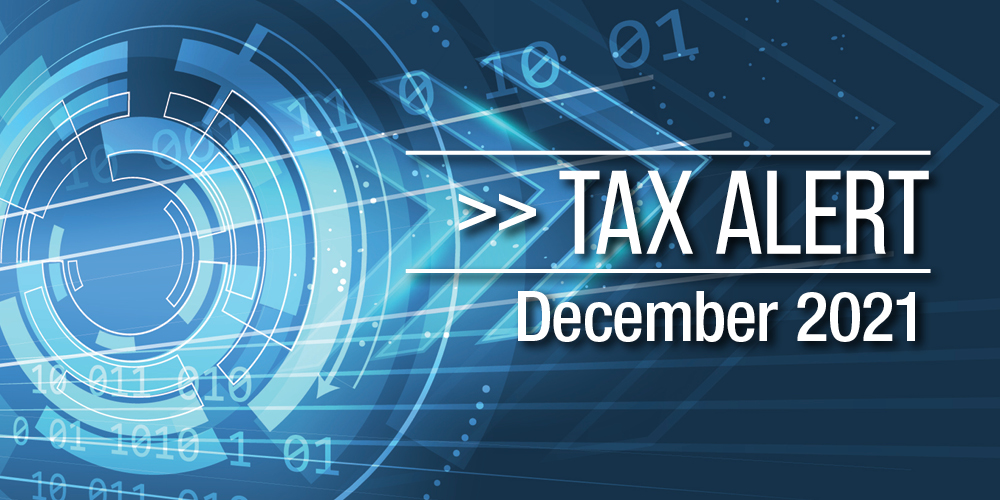As COVID-19 turbulence starts to settle, the ATO is moving away from its supportive position and returning to its more usual compliance focus.
That means taxpayers need to be aware their financial affairs will come under renewed attention in the year ahead, as the tax office increases focus on its traditional role as the government’s tax collector.
Data gathering programs increase
In recent months the ATO has quietly announced programs to gather data on various aspects of Australians’ financial lives, which the regulator intends to use in its ongoing data-matching projects.
Recent programs include gathering data on property management and rental bonds, cryptocurrency, online selling and novated leases for the upcoming financial year (2022-23). The ATO will also be collecting data on payments made by government agencies such as Comcare, the Departments of Health and Home, the NDIA, Department of Veterans’ Affairs and the clean energy regulator.
Taxpayers who buy and insure high-value lifestyle assets will also be under the microscope, with the ATO looking to collect details that will “assist with profiling [to obtain] a holistic view of a taxpayer’s wealth”. Under this program, the taxman will be obtaining information from insurance companies for the period 2020-21 to 2022-23 about assets exceeding certain nominated thresholds.
These high-value assets include boats valued over $100,000, motor vehicles (including caravans) and thoroughbred horses valued over $65,000, fine art worth over $100,000 per item and aircraft valued over $150,000. Data obtained from insurers will include individual client identification and policy details.
Overseas gifts or loans under scrutiny
The ATO has also announced it will be increasing scrutiny of undeclared foreign gifts or loans from related overseas entities, including family and friends.
The regulator says it has encountered many situations where Australian taxpayers are deriving assessable income or capital gains offshore, but failing to declare these in their income tax returns. In response, the ATO will be looking more closely at arrangements where taxpayers are attempting to avoid tax on foreign assessable income by disguising amounts as gifts or loans.
Anyone receiving genuine monetary gifts or loans should keep as much supporting documentation as possible. It’s important to note inheritances also count as gifts, so if you receive an inheritance from overseas, you should obtain a certified copy of the person’s will or estate distribution statement for your records.
Focus on working from home deductions
One bright spot in the world of tax is that if you are still working from home due to COVID-19, you can continue using the shortcut method for claiming deductions after the ATO extended its deadline for using this approach to 30 June 2022.
From 1 July 2022, you will need to start using either the traditional fixed rate or actual cost methods. This means you will also need to meet the eligibility and recordkeeping requirements for these methods.
The ATO says it’s currently reviewing the 52 cents per hour fixed rate method to make it easier and simpler to use, given more people will be working from home in the longer term.
Backpacker tax under fire
Employers paying working holidaymakers will need to keep a close eye on developments in this area following a decision by the High Court that tax rates applied to these employees is discriminatory as it is based on nationality.
The decision could affect the applicability of the backpacker tax for workers from countries with double tax agreements in place with Australia. According to the ATO, this means working holidaymakers from Chile, Finland, Germany, Japan, Norway, Turkey, UK, Germany or Israel.
The ATO is currently considering the implications of the High Court decision and intends to provide further guidance for employers. In the meantime, employers should continue using the tax rates in the ATO’s published withholding tables for backpackers.
Self-education expense threshold to go
The government has made good on its May 2021 Budget promise to remove the $250 non-deductible threshold for claiming work-related self-education expenses.
The Treasury Laws Amendment (2021 Measures No.7) Bill 2021 is currently before Parliament. If passed, it will remove the current threshold for taxpayers claiming self-education expenses. It’s also expected to simplify the claims process in your annual tax return.
The start date for the change will depend on when the Bill receives Royal Assent, but is likely to be 1 April or 1 July 2022.
Reminder on super stapling
If you are an employer, don’t forget to request the super fund details from new employees, as the government’s super stapling rules are now in place.
When a new employee starts, if they don’t choose a super fund, you must request their stapled super fund from the ATO if they have an existing fund. This fund is linked to them and must be used for your Superannuation Guarantee (SG) contributions unless the employee requests otherwise.
If you would like help getting your tax affairs in order for the new year, contact our office today.
Key tax dates to keep in mind for 2022
| Date | Tax change from the relevant date |
| 1 January 2022 | Mandatory start date for Single Touch Payroll (STP) Phase 2 reporting. Employers need to start sending additional payroll information for their employees from 1 January. |
| 30 June 2022 |
|
| 28 August 2022 | Deadline for employers to lodge their Taxable Payments Annual Report (TPAR) for any contractors providing building/construction, cleaning, courier, road freight, IT and investigation/security services to your business. |
| 30 November 2022 – | Deadline for directors appointed on or before 31 October 2021 to apply for their new Director ID number from the Australian Business Registry Services. |
| 31 December 2022 | End of the no penalty period for STP Phase 2 reporting by employers |
Advice Centre is a collaboration of Lending Specialists (Lewis Consulting & Finance Pty Ltd ACN 650 030 274), Accountants (CLM Management Pty Ltd ACN 125 745 128) & Financial Planners (STB Wealth Pty Ltd ACN 614 239 799) – Creating Valuable Outcomes, Together.
STB Wealth Pty Ltd ACN 614 239 799 trading as Advice Centre (Corporate Authorised Representative #1250433) of Alliance Wealth Pty Ltd ABN 93 161 647 007 (Australian Financial Services Licence #449221.
This information has been provided as general advice. We have not considered your financial circumstances, needs or objectives. You should consider the appropriateness of the advice. You should obtain and consider the relevant Product Disclosure Statement (PDS) and seek the assistance of an authorised adviser before making any decision regarding any products or strategies mentioned in this communication.
Whilst all care has been taken in the preparation of this material, it is based on our understanding of current regulatory requirements and laws at the publication date. As these laws are subject to change you should talk to an authorised adviser for the most up-to-date information. No warranty is given in respect of the information provided and accordingly neither Alliance Wealth Pty Ltd nor its related entities, employees or representatives accepts responsibility for any loss suffered by any person arising from reliance on this information.

